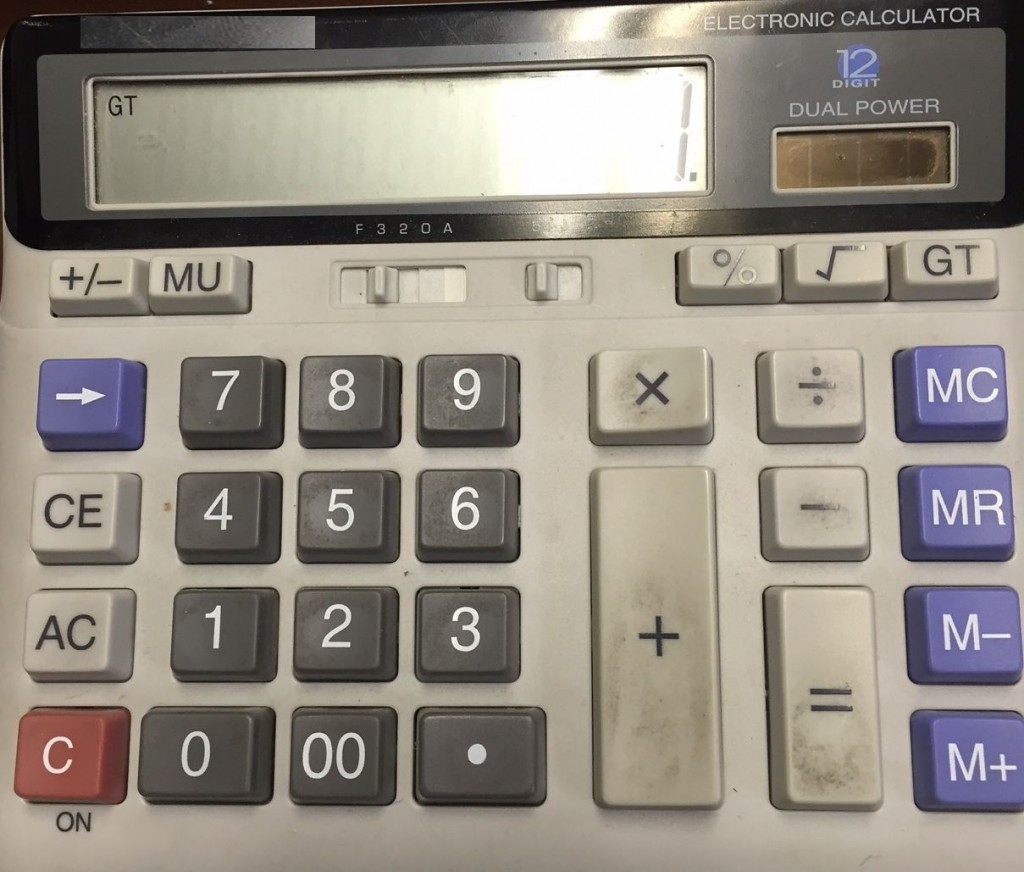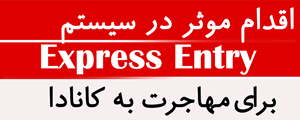Ali Mokhtari
As you know, a new system called Express Entry has been introduced for receiving immigration files in certain categories as of January 2015. This system has essentially changed the way applicants will be accepted in some immigration programs. In this system, applicants will not be put into a processing queue just because they have sent in an application; the federal government, instead, selects applicants based on undefined criteria. Therefore, an applicant may not be accepted even after having created a profile for a few years, whereas another applicant may be accepted and given a chance to apply for Permanent Residency in the first month of creating a profile.

This system has many advantages. For instance, it is assumed that applicants are selected only when there is a job opportunity, or at least when the governments feel the need for a specific specialty or skill. This is a big advantage for newcomers, as a lot of their time will not be wasted looking for a suitable job during the first years of arrival in the new country.
However, the problem is that the selection criteria are not clear and applicants cannot figure out what ranking and priority the federal government has dedicated to their files for sending the invitation letters to apply for PR. Nor, on the other hand, has any method been defined based on which they can hope that all these actions have been performed according to some standards and transparent criteria, so that they will be able to challenge the system if these standards and criteria are violated. In other words, the applicants have no rights and are not allowed to protest, as the system is defined in a way that makes everything depend on the will of the federal government. For instance, if the government decides to send invitation letters to all skilled workers in a specific expertise from say, Ireland, and not to send any invitation letters to the subjects of a specific country, it cannot be easily accused of discrimination, partly because there is no clear information in this regard, and partly because in this system, the government can easily justify any behavior on the pretext of the need for certain jobs and skills. In the long term, we can get results by formally requesting for information and analyzing it, but this requires some time longer that the lifetime of the governments.
We now feel more concerned as we know that Harper’s administration has no limitation in the violation of prospective immigrants’ rights, and is avoiding transparency more than any other government despite its claims about forming a transparent government in 2008. This government does not pay any attention whatsoever to public opinion, and easily violates the basic rights included in the Canadian Charter of Freedom and Human Rights. The most evident instance of this behavior can be seen in the passing of the new citizenship law.
In short, this system is a good tool which can be in the applicants’ interest, if used by a fair government, but can lead to the violation of people’s rights if used by a government such as Mr. Harper’s. Hopefully, in the next elections, a wise, modest government will be elected and this problem will be solved.
Despite these problems and concerns, I strongly recommend applicants to create an immigration profile.
This system is a good tool which can be in the applicants’ interest, if used by a fair government





